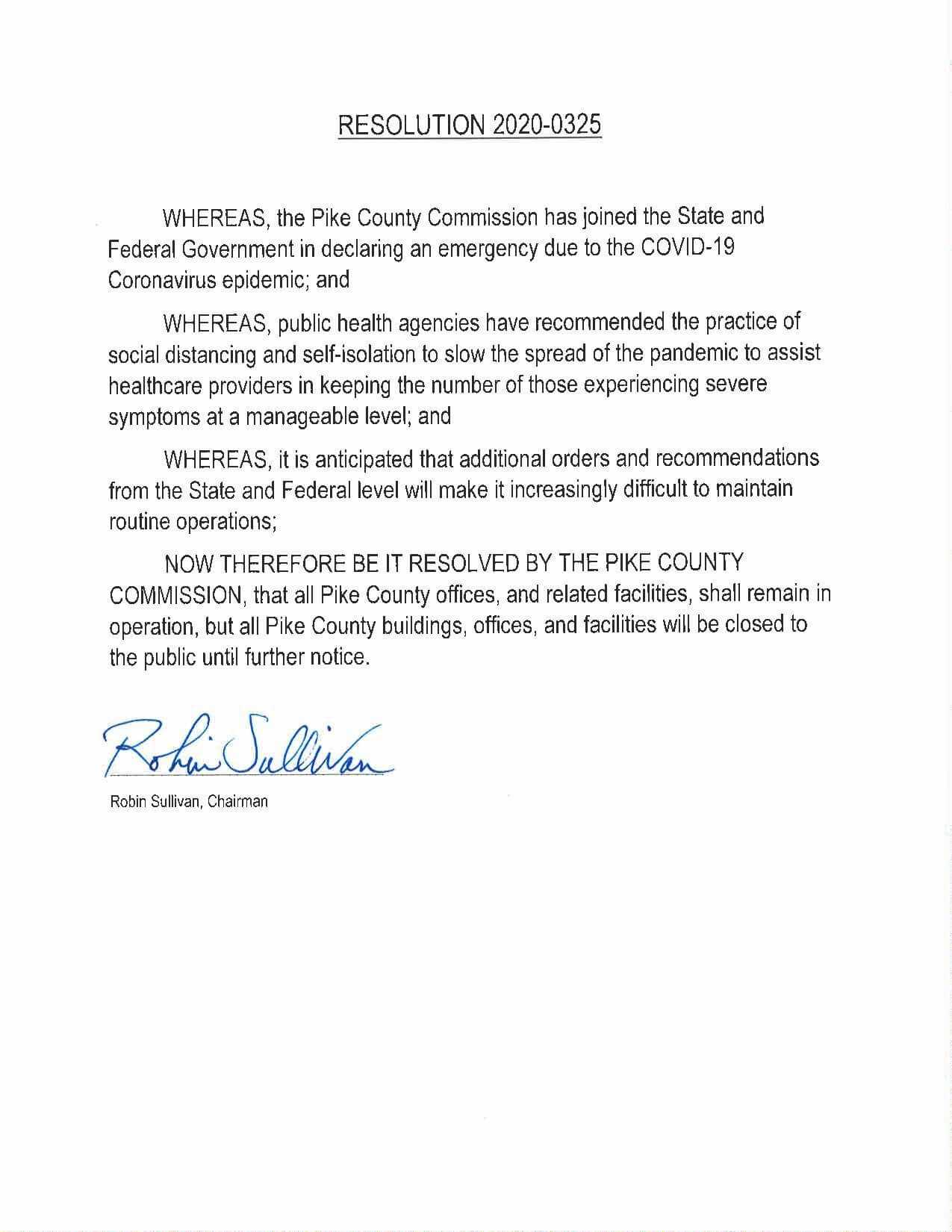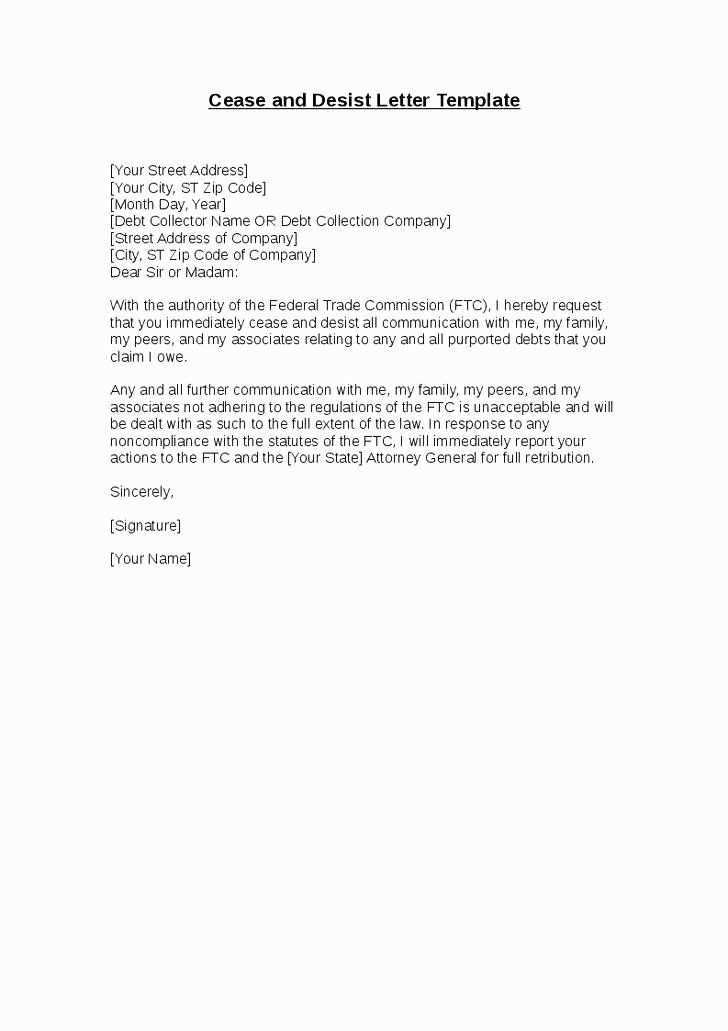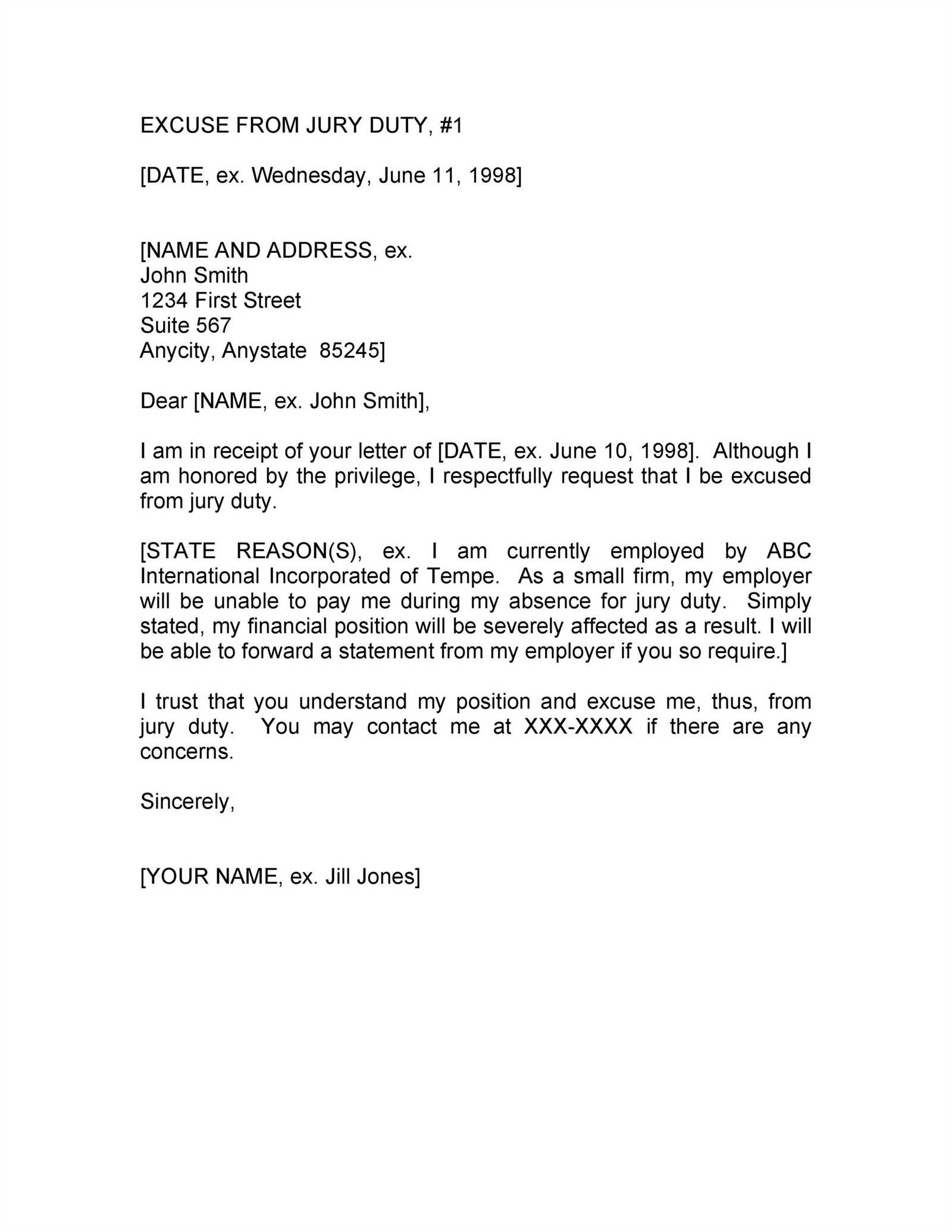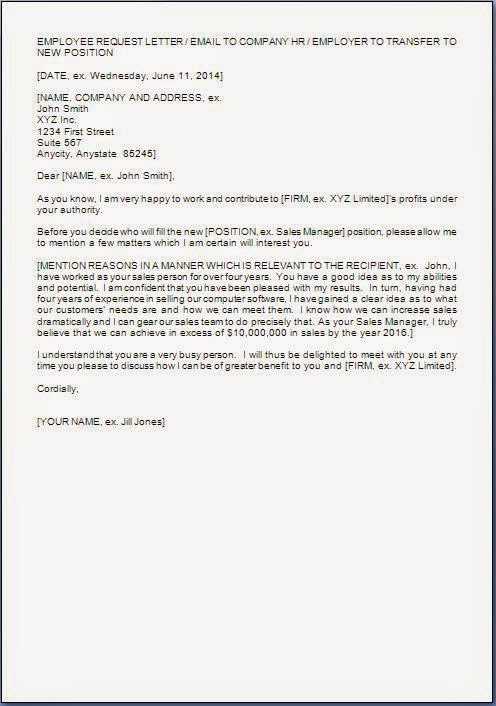Letter to postpone jury duty templates

Requesting a deferral for jury duty involves providing clear and concise reasoning in your letter. Ensure that your request includes a valid reason for postponement, whether it’s due to personal, medical, or professional conflicts. By being straightforward and respectful in your approach, you can increase the likelihood of having your deferral granted.
Start by addressing the letter to the appropriate court or authority. Mention your jury duty summons number and the date you were scheduled to attend. This helps the recipient quickly locate your information and understand the context of your request.
State your reason for postponement in a polite and factual manner. If it’s a personal matter, briefly explain the situation without oversharing. For medical reasons, include any necessary details or documentation that support your request. If it’s due to a work commitment, provide specifics about how your absence would impact your responsibilities.
Offer alternative dates if possible. This shows that you are still committed to fulfilling your civic duty but require a more suitable time frame. Express appreciation for their understanding and consideration of your situation.
Finally, close the letter with a polite thank you and contact details in case they need further clarification. By following this straightforward approach, you can ensure your request is clear and professional, increasing your chances of a successful deferral.
Letter to Postpone Jury Duty Templates

To request a postponement for jury duty, provide clear and specific details about your situation. Below is a straightforward example that can be tailored to your needs:
Dear [Jury Coordinator’s Name],
I am writing to respectfully request a postponement of my jury duty scheduled for [date]. Due to [specific reason], I am unable to attend on the assigned date. I would appreciate the opportunity to reschedule my service for a later date. Please let me know if additional documentation or information is needed to support my request.
Thank you for your understanding and consideration.
Sincerely,
[Your Name]
[Your Contact Information]
Ensure to include any supporting documents if necessary. Adjust the tone as needed based on the formality of the court’s communication style.
Understanding When to Request a Postponement
Request a postponement if the assigned date conflicts with important personal or professional commitments. If you are unable to attend due to unavoidable obligations, such as a scheduled surgery, a significant family event, or a prior work engagement, it’s reasonable to seek a delay.
- Medical Issues: If you have a health condition that prevents you from attending, provide a note from your doctor to support your request.
- Travel Plans: If you have pre-booked travel or a business trip that overlaps with the jury duty date, request a postponement well in advance.
- Family Emergencies: In cases of a family emergency, such as the illness or death of a close family member, you can submit documentation to explain the situation.
- Work Commitments: If your job demands your presence at a specific time, especially for critical responsibilities, consider requesting a new date.
Be sure to request the postponement early, ideally as soon as you receive the summons. Waiting until the last minute may reduce your chances of having your request approved. Always follow the guidelines provided in the summons to ensure your request is properly processed.
Step-by-Step Guide to Crafting a Postponement Request
Begin by reviewing the jury duty notice you received. Ensure that you fully understand the date and other details mentioned in the letter. This will help you know exactly what needs to be postponed.
1. Understand the Eligibility Criteria
Before requesting a postponement, check if you meet the eligibility requirements outlined by the court. Common reasons for postponing include medical emergencies, travel, or conflicting obligations. Verify if the court allows such requests before moving forward.
2. Gather Supporting Documents
If applicable, collect any necessary documentation to support your request, such as medical certificates, flight itineraries, or work obligations. Attach these documents to your request to provide evidence for your case.
3. Write the Request
Compose your request clearly and politely. Start with your full name, address, and the jury duty date. Mention the reason for postponement and reference the supporting documentation. Be specific about your situation, and explain why postponement is necessary. If you are requesting a specific alternative date, include that information as well.
4. Submit the Request

Send your request through the method specified by the court–either by mail, email, or online portal. Make sure to follow any specific instructions provided in the notice for submitting the request.
5. Await the Response
Once you’ve submitted the request, wait for confirmation from the court. They will either approve or deny your request based on their review. Keep track of any deadlines for follow-up communication.
Required Information to Include in Your Letter
Clearly state your full name and address at the top of the letter. This helps the recipient identify you easily and confirms your connection to the case. Include your jury duty number, if available, to ensure they can find your details in their system.
Provide the specific date or time frame when you are unable to attend jury duty. Be precise about the dates or the period in which you need to postpone. If possible, suggest alternative dates for when you could be available.
Explain the reason for requesting the delay. Whether it’s due to medical issues, personal obligations, or any other valid reason, be clear and direct. If needed, provide documentation that supports your claim, such as a doctor’s note or travel plans.
Conclude with a polite request for postponement. Express your willingness to comply with any further steps or requirements needed to complete the process.
Common Mistakes to Avoid When Writing the Request
Avoid writing the request in a rushed or unclear manner. Make sure to clearly state the reason for the delay in your availability. Instead of vague or general explanations, provide specific details that can help justify the postponement request.
Don’t ignore deadlines. Ensure your request is submitted within the required timeframe. Late submissions can lead to automatic rejections, which may affect your ability to reschedule.
Be cautious with your tone. A request should be respectful and formal, without being overly casual or demanding. Maintain professionalism throughout your letter.
Avoid providing insufficient evidence. If the reason for your request requires documentation, include all necessary paperwork. Failing to provide proof may weaken your case and delay the decision-making process.
Don’t forget to proofread. Typos and grammatical errors can diminish the impact of your letter. Carefully review your request to ensure it’s clear and free of mistakes.
Don’t make the letter too long. Be concise while still providing enough detail. Keep your message focused and to the point, without unnecessary elaboration.
How to Address Specific Circumstances in the Postponement Letter
Specify the exact reason for your request in a clear and concise manner. Whether it is health-related, work obligations, family emergencies, or travel plans, provide enough detail to help the recipient understand the situation. Be honest and avoid exaggeration, as this could affect the outcome of your request.
Health Issues
If you are unable to attend due to health reasons, include a note from your doctor confirming your condition, if necessary. It will help strengthen your case. Ensure the language used is professional and respectful.
Work or Family Commitments

For work or family-related issues, describe the conflict and include any supporting documentation, like a letter from your employer or details about your family situation. Keep it brief and focus on the necessity of your absence during the scheduled date.
Always request a specific date or timeframe for rescheduling your jury duty. Being flexible shows your willingness to cooperate, which can increase the chances of having your request approved.
Following Up After Sending Your Postponement Request
If you haven’t received a confirmation within a reasonable time frame, it’s a good idea to follow up. Most courts provide a phone number or email for inquiries regarding postponement requests. Reach out to the appropriate contact to confirm your request status. Be polite and concise, including the details of your request (date of submission, case number, etc.) to speed up the process.
Check if there are any specific deadlines you need to adhere to for your request to be processed. If the court has not responded by the expected date, contact them to inquire about the next steps.
If you opted for an online submission, verify that your request was successfully submitted. Some systems may show a confirmation receipt or tracking number. If you didn’t receive a confirmation, it’s worth reaching out to ensure your request was not lost in the system.
| Action | Details |
|---|---|
| Follow-up Email | Include your full name, case number, and date of submission in the email. Ask for confirmation that your request is being processed. |
| Phone Call | Call the court’s designated phone number. Be ready with the details of your request and ask for an update on the status of your postponement. |
| Online Submission Check | Ensure your request appears in the court’s online system. If there’s no confirmation, reach out to confirm the submission went through. |
If your request was denied or you need further clarification, you can ask about alternative options, such as resubmitting or providing additional information. Maintaining clear communication will ensure your postponement request is handled smoothly.